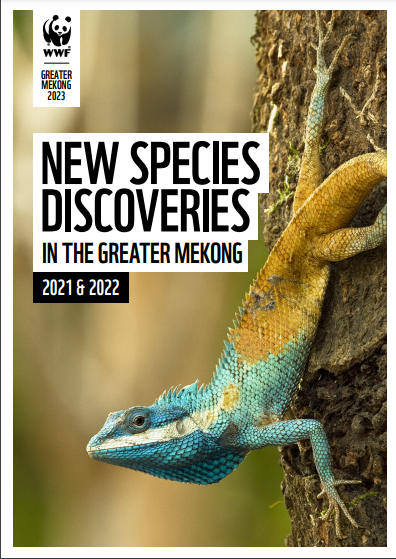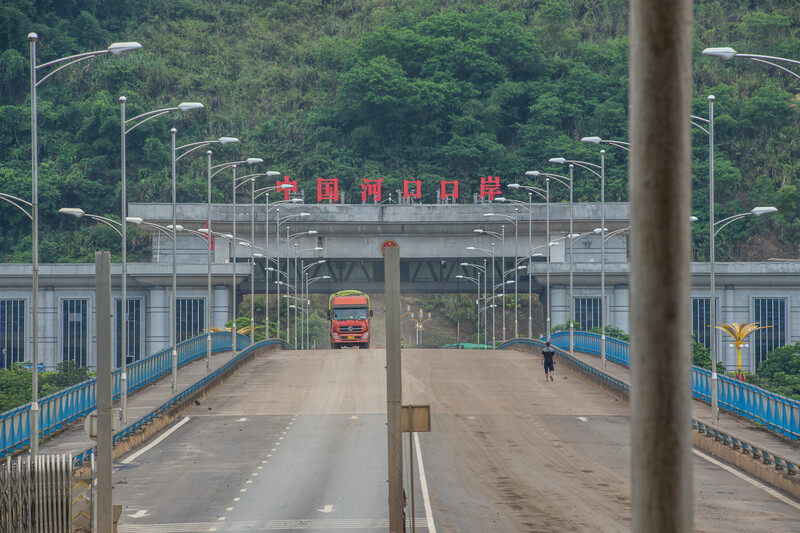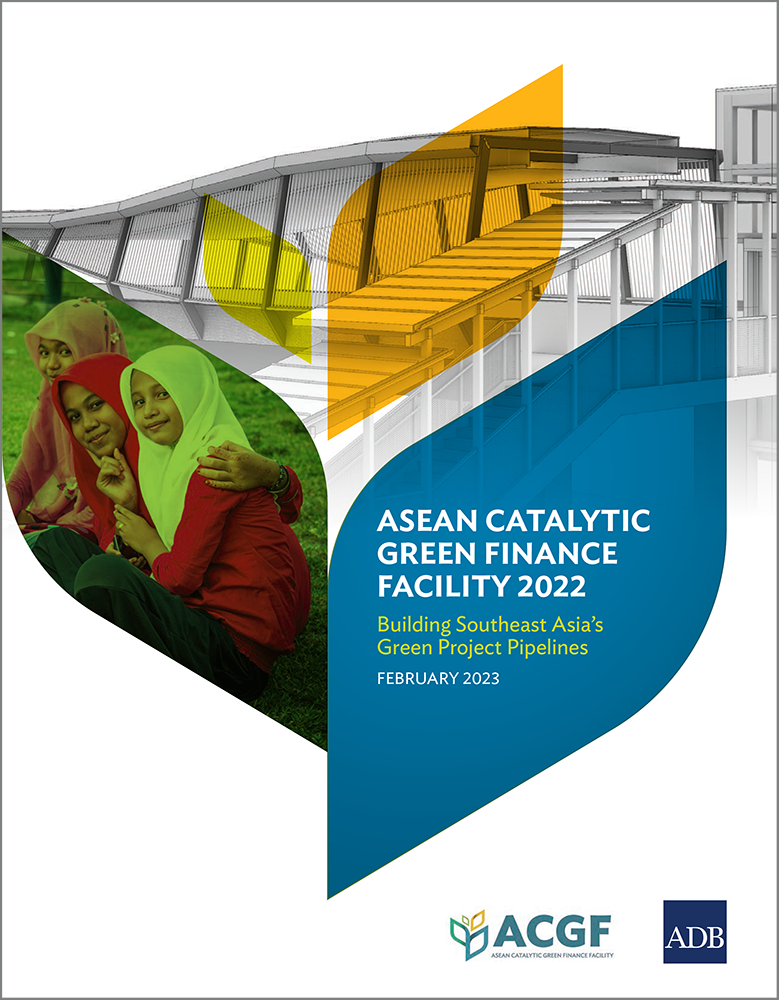
June 2023, Issue 3
This third issue talks about CCESP events in the first half of 2023, which includes the successful workshop focused on community-based climate resilience and the four policy dialogues hosted by Lao PDR in Vientiane, which covered in-depth discussions on Green Freight, Low-Carbon Agriculture, Air Pollution Control, and Plastic Waste Management Towards Circular Economy. It also invites readers to the upcoming events planned for summer and autumn, including more policy dialogues, training workshops, and the 27th Annual Meeting of the GMS Working Group on Environment to be hosted by Viet Nam.








